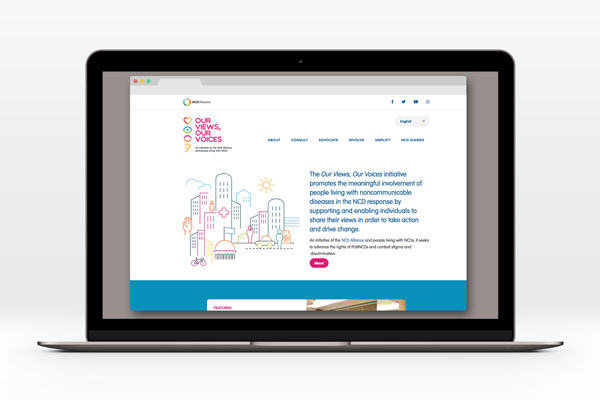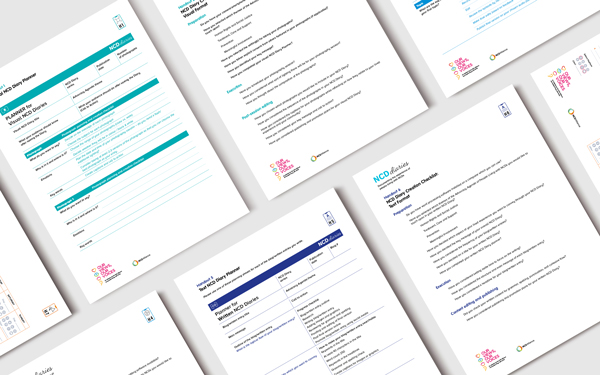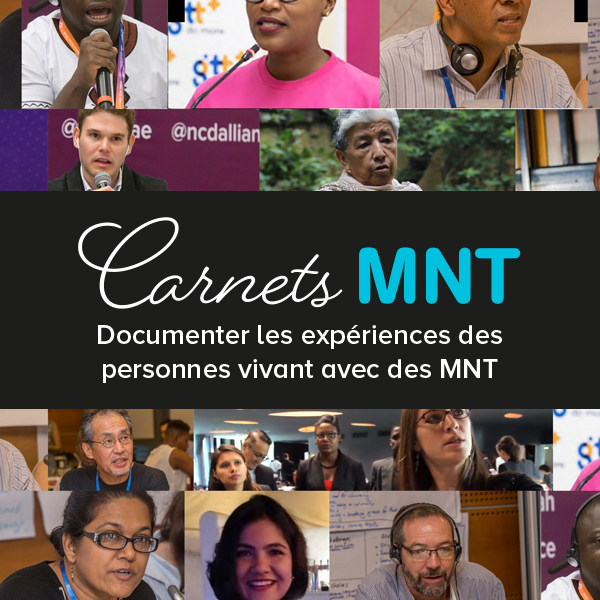Launched at an event on 11 May, it provides principles and enablers to transition from the intention of meaningful engagement to action. It recognises the value and importance of lived experience, and promotes incorporation of a rights-based approach to policy development, planning and programme implementation.
“This framework will ensure WHO and Member States can meaningfully engage and empower people with lived experience to fully participate in related health processes, addressing the systemic inequalities and inequities experienced around the world[….]This framework will support the transfer power to the people, embrace individuals with lived experience with dignity and respect, free of stigma and discrimination, integrated into the wider health and well-being agenda and institutionalized within WHO and Member States.
- Dr Tedros Adhanom Ghebreyesus, WHO Director-General, in the foreword of the framework.
This landmark technical resource provides standards and guidance for systematically engaging people with lived experience in the co-creation, implementation, monitoring, evaluation and governance processes of all related policies, programmes and services. It clearly outlines actions to be taken by WHO and its Member States to operationalize the meaningful engagement of people with lived experience. The recommended actions are closely interconnected with core principles and enablers to achieve and sustain meaningful engagement. The framework’s six enablers are: Sustainable financing; Redistributing power; Elimination of stigmatisation; Integrated approaches; Capacity-building, Institutionalising engagement). Importantly, the framework was co-created over the past two years together with people with lived experience and other stakeholders, using participatory approaches.
The framework highlights that the concept of “participation” is deeply rooted in the concepts of human rights, power, equity, social justice, and social action. The right to participate is an essential part of the right to the highest attainable standard of health. Therefore, meaningful engagement and other participatory approaches should not be seen merely as tools, but as a rights-based approach to addressing health inequities and achieving health for all.
It also says that achieving action through participatory approaches will require acknowledging and addressing systemic and structural inequalities, addressing and mitigating power imbalances, eliminating all forms of stigmatisation and discrimination, and aligning with efforts to decolonise global health. The framework acknowledges lived experience as expertise and stresses on the need to establish an enabling environment to achieve and sustain meaningful engagement.
The framework is a clear signal that meaningful engagement of people living with NCDs is essential for accelerating action and increasing impact of the NCD response. As such, it paves the way and reinforces meaningful engagement of people with lived experience towards the fourth UN High-Level Meeting on NCDs in 2025, achieving the Global NCD Compact and SDG-related goals by 2030.
“The NCD Alliance congratulates WHO on the launch of the Framework for Meaningful Engagement. This is truly a landmark for global health and for people living with NCDs and we hope it will be a real game-changer going forward, paving the way for putting people first to ensure better polices, programmes and services. How long have we been chanting ‘nothing about us, without us’? Now let’s see it happen! The Framework provides the standards and guidance to move from intention to action”
- Anne-Lise Ryel, breast cancer survivor and NCD Alliance President
As part of the implementation phase of the framework, WHO will deliver activities and derivative products to add to the evolving evidence, and support contextualization and adaptation of the framework.
The NCD Alliance and its network have strongly advocated for the meaningful engagement of people with lived experience. The Our Views, Our Voices initiative promotes the meaningful engagement of people living with NCDs in the NCD response by supporting and enabling individuals to share their views in order to take action and drive change. The Our Views, Our Voices Global Advisory Committee members, NCD Diarists, and lived experience advocates working with their national and regional NCD alliances, have all tirelessly advocated for increased action on meaningful engagement and many made direct contributions to the framework. The principles and enablers for meaningful engagement included in the framework align with those in the Global Charter on Meaningful Involvement of People Living with NCDs.
“People living with NCDs have the resources, information, and experience that policymakers need, to take the right decision that guarantees the right impact. The WHO Framework for Meaningful Engagement for People Living with NCDs and Mental Health and Neurological Conditions should be embraced.”
- Christopher Agbega; Our Views, Our Voices Global Advisory Committee Member (2022-2023); Peer Trainer- Ghana NCD Alliance; and Person Living with Motor Sensory Neuropathy
NCD Alliance and its network of advocates globally will now be actively supporting and promoting the implementation of the framework with their WHO regional and country offices and governments.




